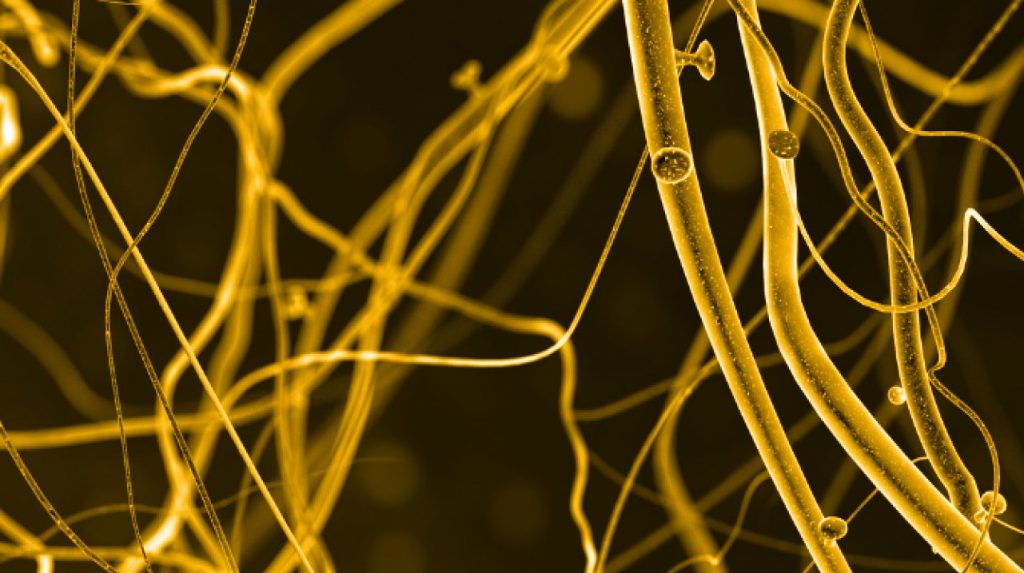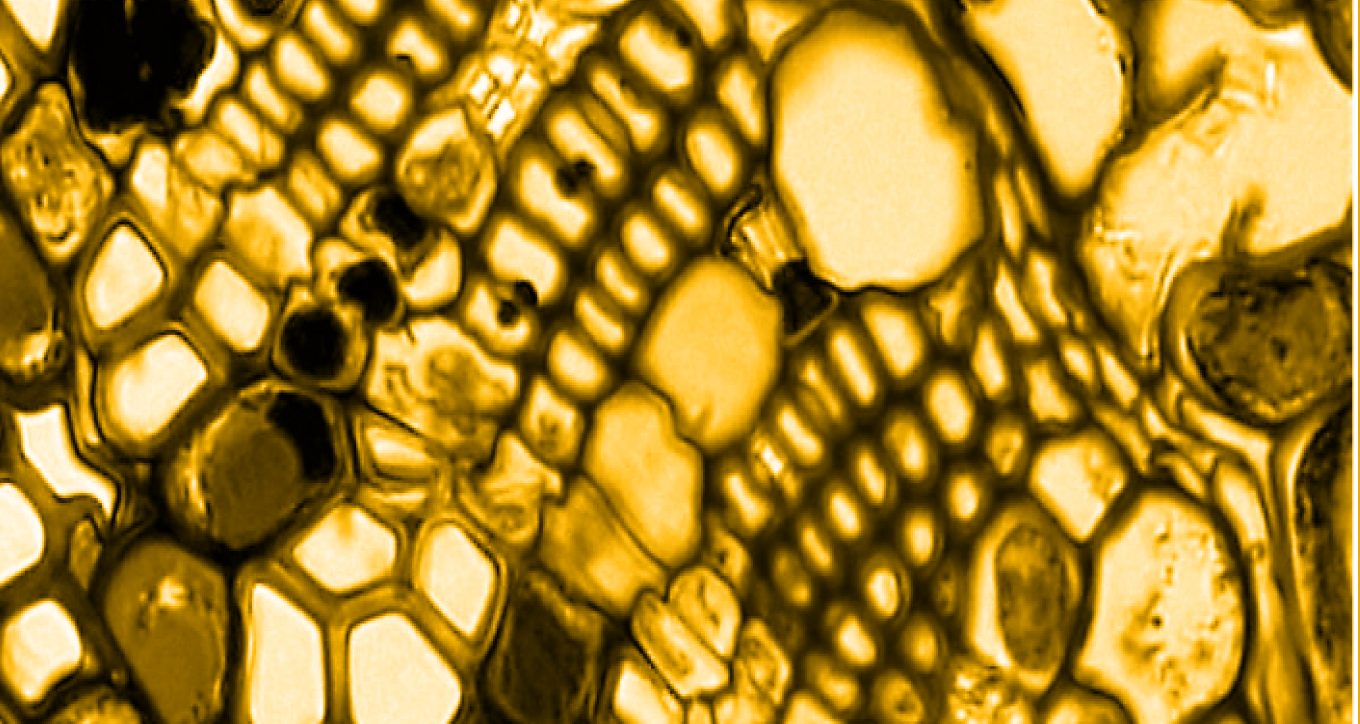February 8, 2024
Oncology is defined as the scientific study of tumours and cancers, deriving its name from “onco,” meaning bulk, mass, or tumour, and “-logy,” indicating the study of.
What is Cancer?
Cancer arises when cells within a body part begin proliferating uncontrollably due to the breakdown of the normal regulatory mechanism governing their growth, maturation, reproduction, and death. While there are numerous forms of cancer, the fundamental cause is the unchecked growth of abnormal cells.
Prevalence of Cancer
Currently, cancer affects millions worldwide, either living with it or having experienced it. In the United States, cancer ranks as the second leading cause of death. Statistically, about 50% of all men and 33% of all women in the US are likely to be diagnosed with cancer at some point in their lives.
The History of Cancer
Evidence of cancer dates back to fossilised bone tumours, ancient Egyptian mummies, and historical texts. Notably, mummies have shown signs of osteosarcoma, a type of bone cancer. The earliest documented case of cancer can be found in the Edwin Smith Papyrus, an ancient Egyptian text on trauma surgery, dating back to 3000 BC. This text details eight instances of breast tumours or ulcers treated by cauterisation with a fire drill and labels the disease as “incurable.”
What do Oncologists Do?
Oncologists, or cancer specialists, are medical professionals specialised in the field of oncology. Their key responsibilities include diagnosing cancer, determining the stage of cancer, and assessing its aggressiveness.
Diagnostic Methods in Oncology
The patient’s clinical history is paramount in diagnosing cancer, with symptoms such as fatigue, weight loss, unexplained anaemia, and fever without a known cause often signalling the disease.
Diagnostic techniques in oncology primarily include biopsy, which involves removing tissue samples from the tumour for microscopic examination. Additional methods encompass endoscopy for examining the gastrointestinal tract, various imaging techniques like X-rays, CT scans, MRI scans, ultrasound, and other radiological approaches, along with Scintigraphy, Single Photon Emission Computed Tomography (SPECT), Positron Emission Tomography (PET), and nuclear medicine strategies.
Blood tests for biological or tumour markers also play a crucial role, as elevated levels of these markers may suggest the presence of cancer.
Cancer Treatment
Oncologists devise a treatment plan based on the cancer’s grade and stage, tailored to each patient. Treatment options may include surgery, chemotherapy, radiation therapy, and other therapeutic approaches.

Additional Medical Specialists in Cancer Treatment
Cancer treatment often requires the collaboration of various specialists, including surgeons and radiation oncologists or radiotherapists, with the oncologist overseeing the coordination of the entire treatment process.
Monitoring for Relapse and Remission
Following the completion of initial treatment, oncologists monitor patients to detect any signs of relapse, which indicates the cancer’s return, or remission, which means the patient remains free of cancer.
Palliative Care Responsibilities
Oncologists are tasked with providing palliative or symptomatic care for patients with advanced cancer. They must navigate ethical considerations such as patient autonomy and treatment choices.
Cancer Screening Initiatives
Oncology research includes screening for cancer in the general population and among relatives of patients with potentially hereditary cancers, like breast cancer. This involves population-wide screening through regular mammography and familial screening through genetic testing for mutations like BRCA1 and BRCA2.
Advancements in Oncology
The field of oncology is rapidly evolving, thanks to extensive research spanning from cancer cell biology to the development of new chemotherapy regimens and improvements in palliative care. Oncology remains a dynamic area of medicine due to ongoing research and development.
Cancer Research and Clinical Trials
Cancer research is conducted through clinical trials, with organisations like Cancer Research UK (CRUK), the Medical Research Council (MRC), the European Organisation for Research and Treatment of Cancer (EORTC), and the National Cancer Research Network (NCRN) coordinating large-scale studies in the UK, aiming to advance treatment and care.

Published on 08-02-2024

